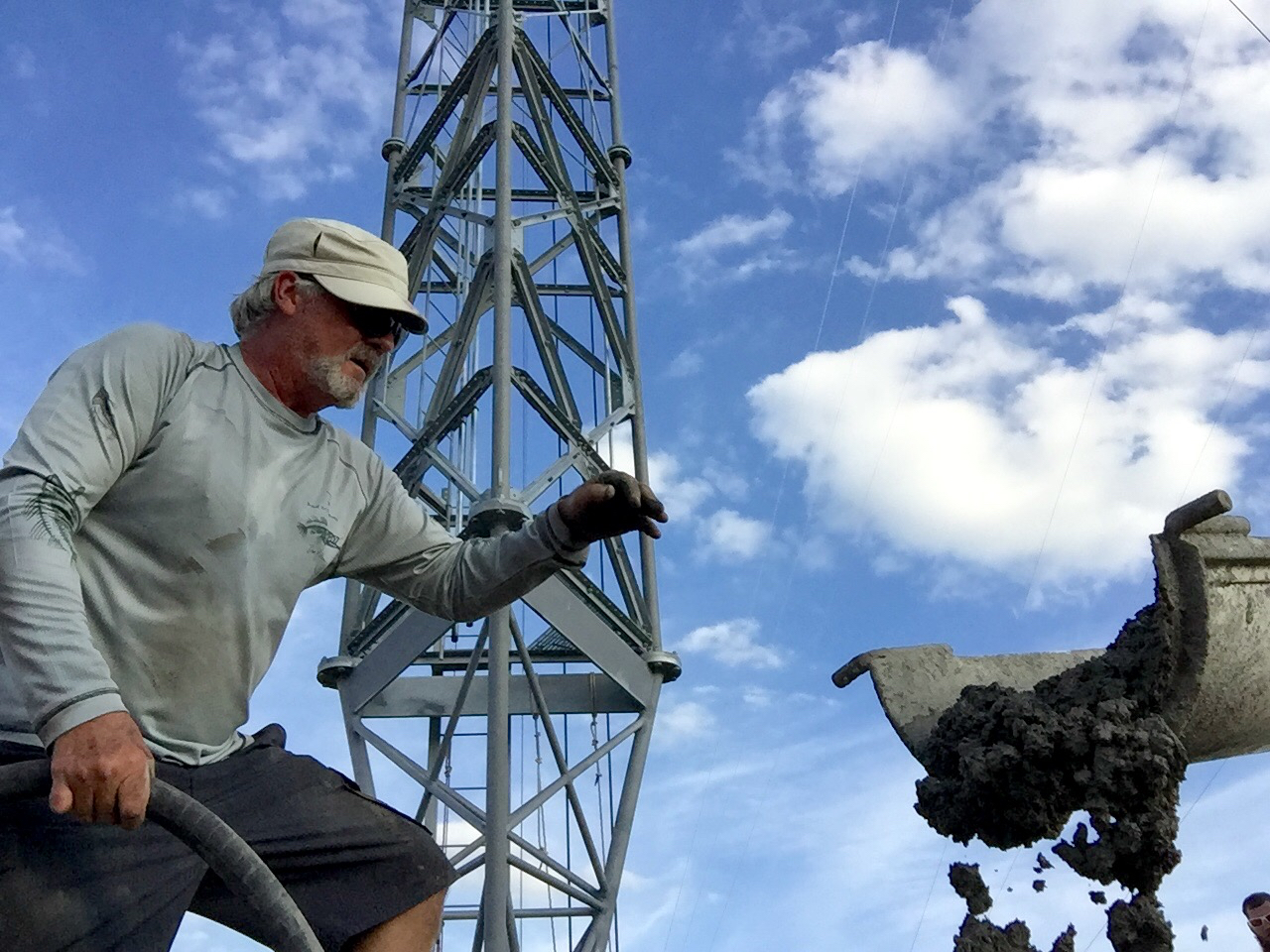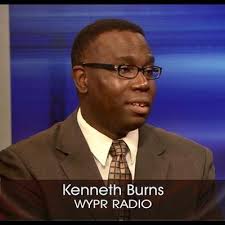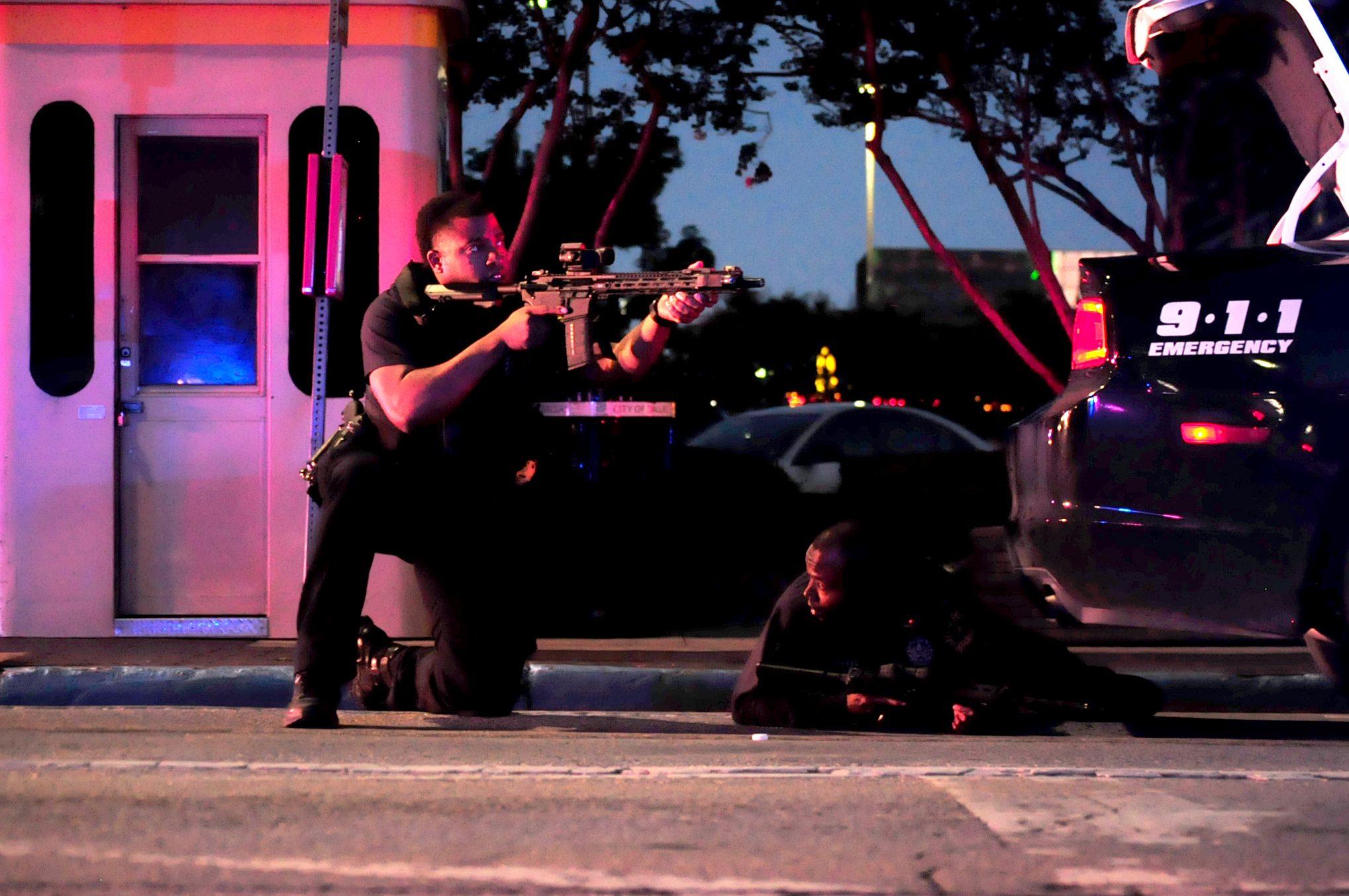System/Policy
KUSP license, assets, wine sold off to religious broadcaster
KCRW was outbid for the bankrupt station.Post-auction business strategies could make public TV truly independent
Stations should be taking steps to ride an approaching wave of technological innovation in TV viewing.PBS announces Playtime Pad, a branded tablet for kids
The PBS Kids multicast channel, launching in January, will also be available on the device.Community radio upholds beauty, power of the small
By persisting against the odds, community radio stations have defied media professionals’ predictions.CPB fields tech survey as stations grapple with purchasing decisions
Equipment expenses across the system are increasing, according to a financial analysis by CPB.Baltimore mayor bans WYPR reporter from press conferences
The ban extends throughout the mayor’s term, which ends in December.Humanities scholars bring new perspectives to nonprofit media
The deadline for host organizations to apply this year is Oct. 18.To prosper amid coming disruptions, public television needs a post-auction agenda
To prepare for the restructuring of broadcast television, public TV leaders must develop a coherent strategy for investing in innovation and public ...After delays, WFMU’s Audience Engine aims for early 2017 rollout
The project’s ambitious scale has prolonged development.What KERA in Dallas learned from covering a tragedy
Plan ahead, include the whole staff, and other tips for being ready when major news breaks.Nonprofit news outlets mirror overall media in diversity, according to ASNE survey
The survey found that minority employment is at 23 percent for online-only sites, slightly higher than the 17 percent reported for daily ...TV spectrum auction enters next stage with new bidding, lower prices
With an oversupply of astronomically priced spectrum offered in the auction’s first stage, Public Media Company analysts predict what’s ahead.CPB IG audit finds station’s digital syndication revenue can’t count as fundraising
“The mechanisms for funding our work are evolving in the digital space,” responded TPT President Jim Pagliarini.Analysts call for change in pubTV workforce, culture under ATSC 3.0 standard
Under the new standard, television will become “a key part of a network infrastructure in the home,” according to consultant Vinnie Curren. ...PBS funds embedded teachers at public TV stations
PBS COO Jonathan Barzilay called the initiative “hugely exciting.”










